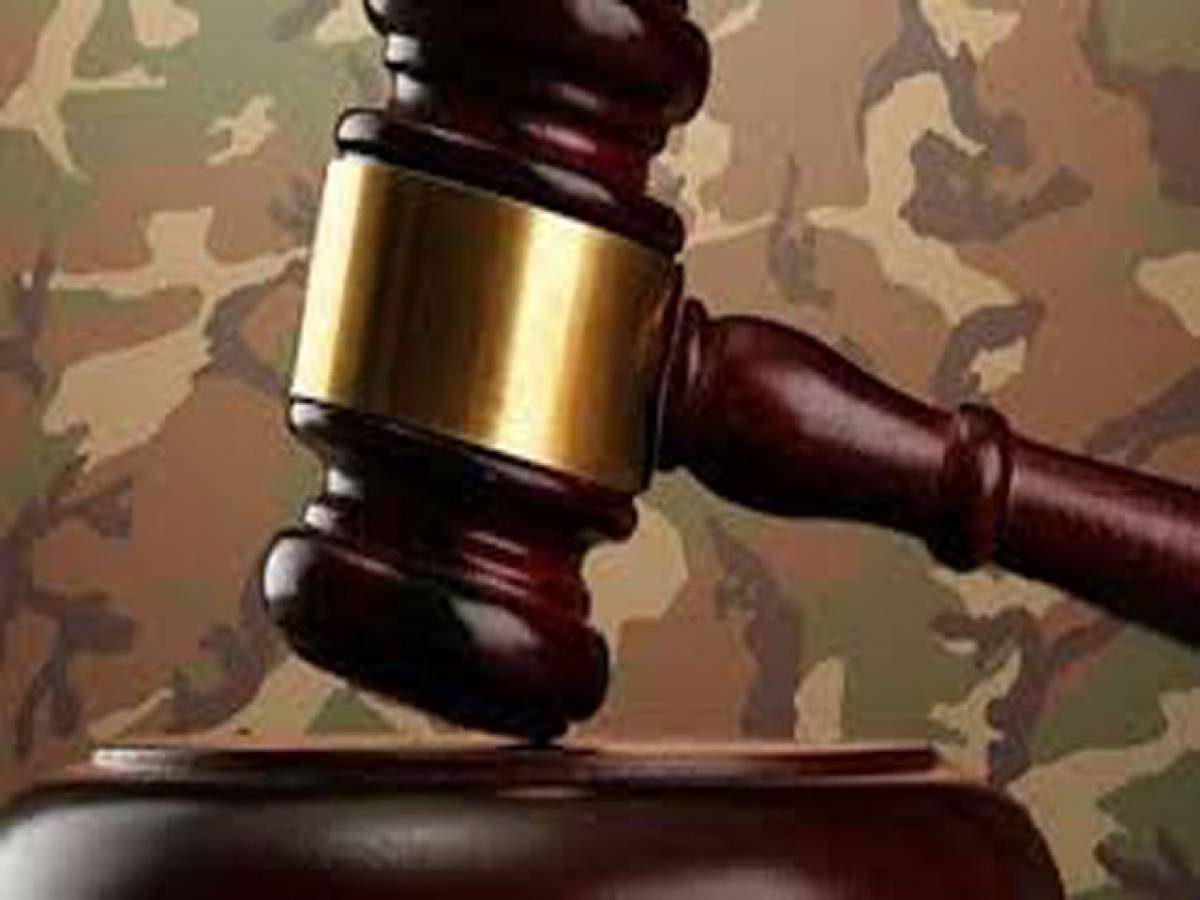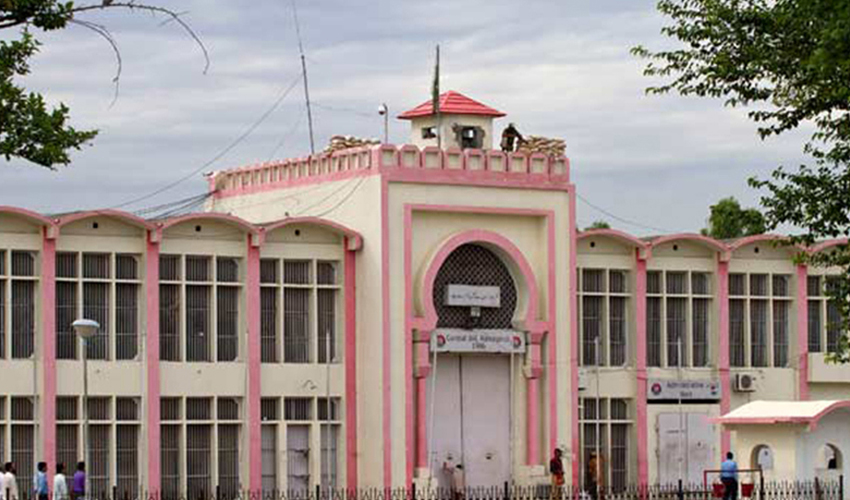Tahir Maqsood Chheena
The rule of law is the principle that all people and institutions are subject to and accountable to laws that are fairly applied and enforced. The rule of law is critical for a nation to develop socially, culturally, administratively and politically for several reasons. The rule of law applies to all and sundry; this is pivotal across all developed societies and states.
The rule of law promotes social justice and human rights by ensuring that everyone is treated equally and fairly before the law, regardless of their status, identity, or background. The rule of law protects the rights and freedoms of individuals and groups from arbitrary or abusive actions by the state or other actors. The rule of law also provides mechanisms for resolving disputes peacefully and effectively without resorting to violence or coercion.
Please, subscribe to the website of the republicpolicy.com
The rule of law fosters cultural diversity and tolerance by respecting and accommodating the different values, beliefs, and traditions of various communities within a nation. The rule of law recognizes the importance of pluralism and multiculturalism in a democratic society and encourages dialogue and cooperation among different groups. The rule of law also safeguards the cultural heritage and identity of minorities and indigenous peoples and prevents discrimination or marginalization based on culture.
The rule of law enhances administrative efficiency and accountability by establishing clear and consistent rules and procedures for the functioning of public institutions and officials. The rule of law ensures that public authorities act in accordance with the law and the public interest and that they are subject to oversight and scrutiny by independent bodies, such as courts, auditors, or watchdogs. The rule of law also promotes transparency and openness in governance, enabling citizens to access information and participate in decision-making processes.
Furthermore, the rule of law supports political stability and democracy by providing a framework for the peaceful transfer of power and the resolution of conflicts among different branches or levels of government. The rule of law guarantees the separation of powers and the checks and balances among the executive, legislative, and judicial branches, as well as between the central and local governments. The rule of law also upholds the principles of representative democracy, such as free and fair elections, political pluralism, and civil society engagement.
Therefore, the rule of law is a vital element for a nation to develop in various aspects, as it creates a conducive environment for social cohesion, cultural diversity, administrative effectiveness, and political legitimacy. The rule of law is not only a legal concept but also a development goal that requires constant commitment and effort from all stakeholders in a society. Accordingly, it is critical for the Pakistani state and society to work for the cause of the rule of law.
Please, subscribe to the monthly magazines of republicpolicy.com
The cause of the rule of law in Pakistan is a complex and challenging issue that requires the collective efforts of the Pakistani society and state. Unfortunately, the rule of law is a compromised priority in Pakistan. The power balance of Pakistan only sometimes corresponds to the challenges of the rule of law. There needs to be more consensus among power structures in Pakistan to implement the rule of law in Pakistan. Still, the idea is a distant dream. Apart from power corridors, the legislature, the executive, and the judiciary are unable to implement the rule of law. Then, it is the primary obligation of the judiciary to implement the rule of law in Pakistan. Unfortunately, the judicial will has not been up to the mark in implementing the rule of law in Pakistan.
The Pakistani society can demand and support the implementation and enforcement of the rule of law by the state and hold the public authorities accountable for their actions. The Pakistani society can also participate actively and constructively in the political and legal processes, such as elections, referendums, consultations, or petitions, and voice their opinions and concerns on the issues that affect them. The Pakistani society can also educate themselves and others about the importance and benefits of the rule of law and challenge any practices or norms that violate or undermine the rule of law.
The Pakistani state can reform and strengthen the institutions and mechanisms that are responsible for upholding and promoting the rule of law, such as the judiciary, the police, the anti-corruption agencies, and the human rights commissions. The Pakistani state can also ensure that the laws are clear, consistent, fair, and accessible to all and that they reflect the values and aspirations of the Pakistani people. The Pakistani state can also respect and protect the rights and freedoms of all individuals and groups, especially the vulnerable and marginalized ones, and provide them with effective remedies for any violations or grievances.
In conclusion, the cause of the rule of law in Pakistan is a shared responsibility and a common goal for both the Pakistani society and the state. They can work together in various ways to achieve this goal, such as by demanding, supporting, participating, educating, challenging, reforming, strengthening, ensuring, respecting, and protecting the rule of law. By doing so, they can enhance the social, cultural, administrative, and political development of Pakistan.
The implementation of the rule of law is always complex and intricate. However, a societal evolution can ensure progress towards the rule of law. However, the following recommendations can develop the significance of the rule of law.
It is significant to strengthen the independence and integrity of the judiciary by ensuring that judges are appointed, promoted, and removed based on merit and due process and that they are protected from any interference or pressure from the executive, the legislature, or other actors. The judiciary should also have adequate resources, training, and security to perform its functions effectively and efficiently. Besides, the legislature should be in line with the rule of law. Then, it is also of paramount significance that the executive branch of the government implements the legislation according to the rule of law.
It is also significant to improve access to justice and legal aid for all by expanding the coverage and quality of formal and informal justice systems, especially for the poor, women, minorities, and other marginalized groups. The legal system should be responsive to the needs and expectations of the people and provide them with fair, timely, and affordable remedies for their grievances. The legal system should also promote alternative dispute resolution mechanisms, such as mediation, arbitration, or customary law.
Enhancing the accountability and transparency of public institutions and officials by establishing and enforcing clear and consistent rules and procedures for their conduct and performance is also vital. Public institutions and officials should be regularly scrutinized by independent bodies, such as courts, auditors, watchdogs, or civil society organizations. Public institutions and officials should also disclose relevant information to the public and allow for public participation and feedback in decision-making processes.
Furthermore, combating corruption and promoting integrity by adopting and implementing effective anti-corruption laws and policies, such as whistleblower protection, asset declaration, conflict of interest regulation, or public procurement reform, is important. Corruption should be investigated and prosecuted impartially and rigorously, and the perpetrators should be held accountable. Integrity should be fostered through education, awareness-raising, and ethical codes of conduct.
Lastly, the social organizations and the public should hold the legislature, executive and judiciary accountable for ensuring the rule of law in the country inevitable for the growth and development of Pakistani state and society.
Please, subscribe to the YouTube channel of republicpolicy.com
















